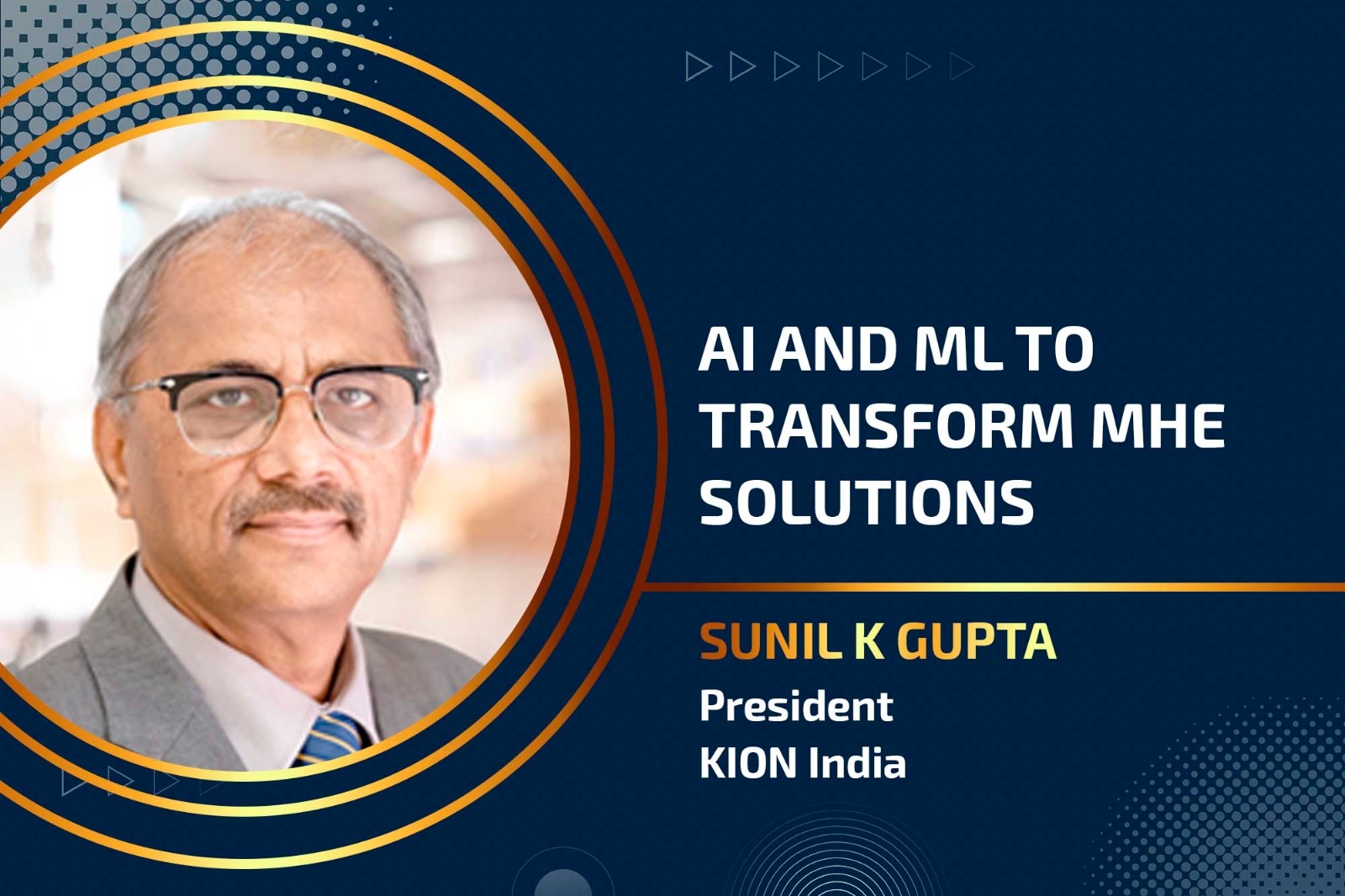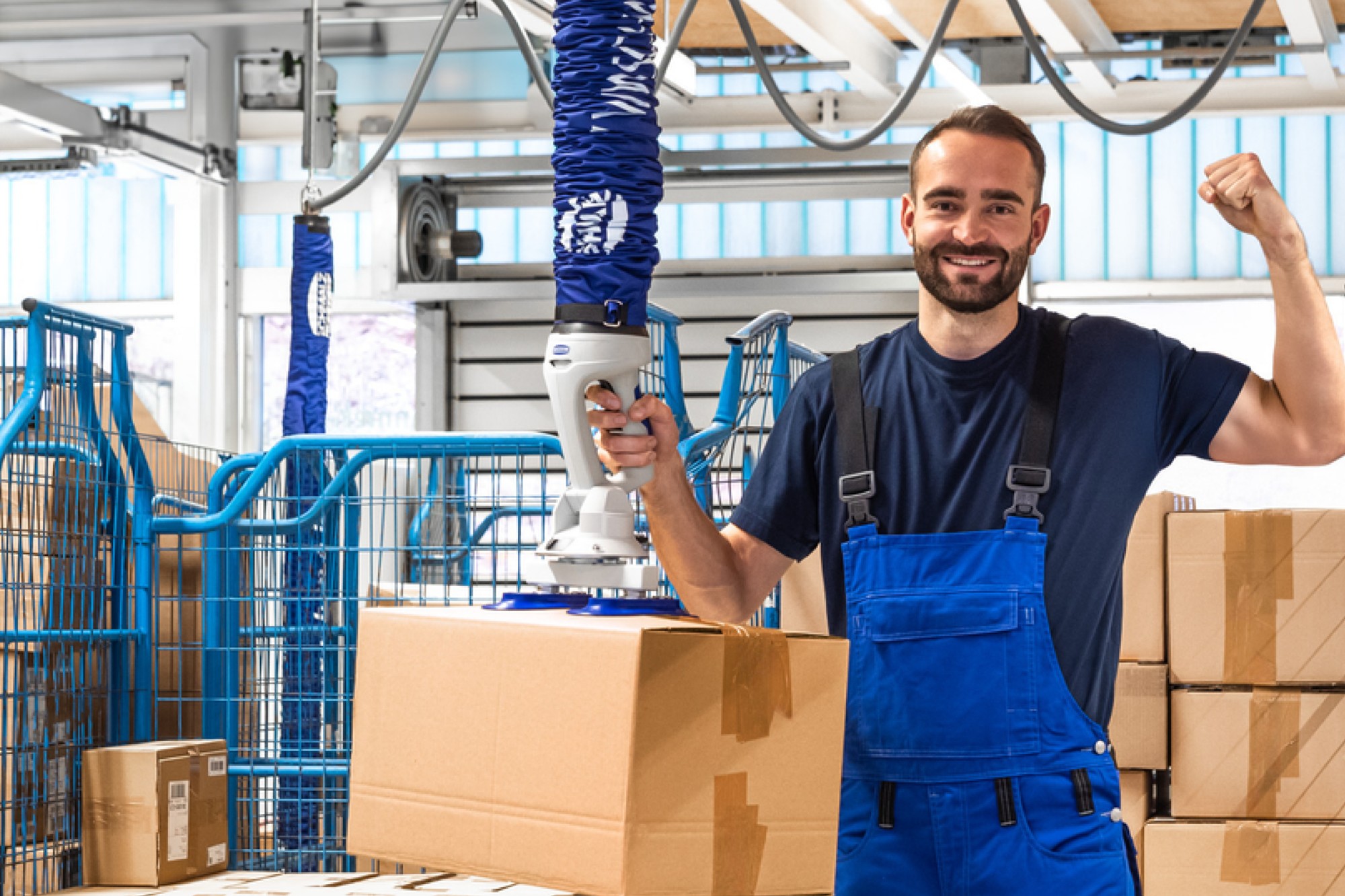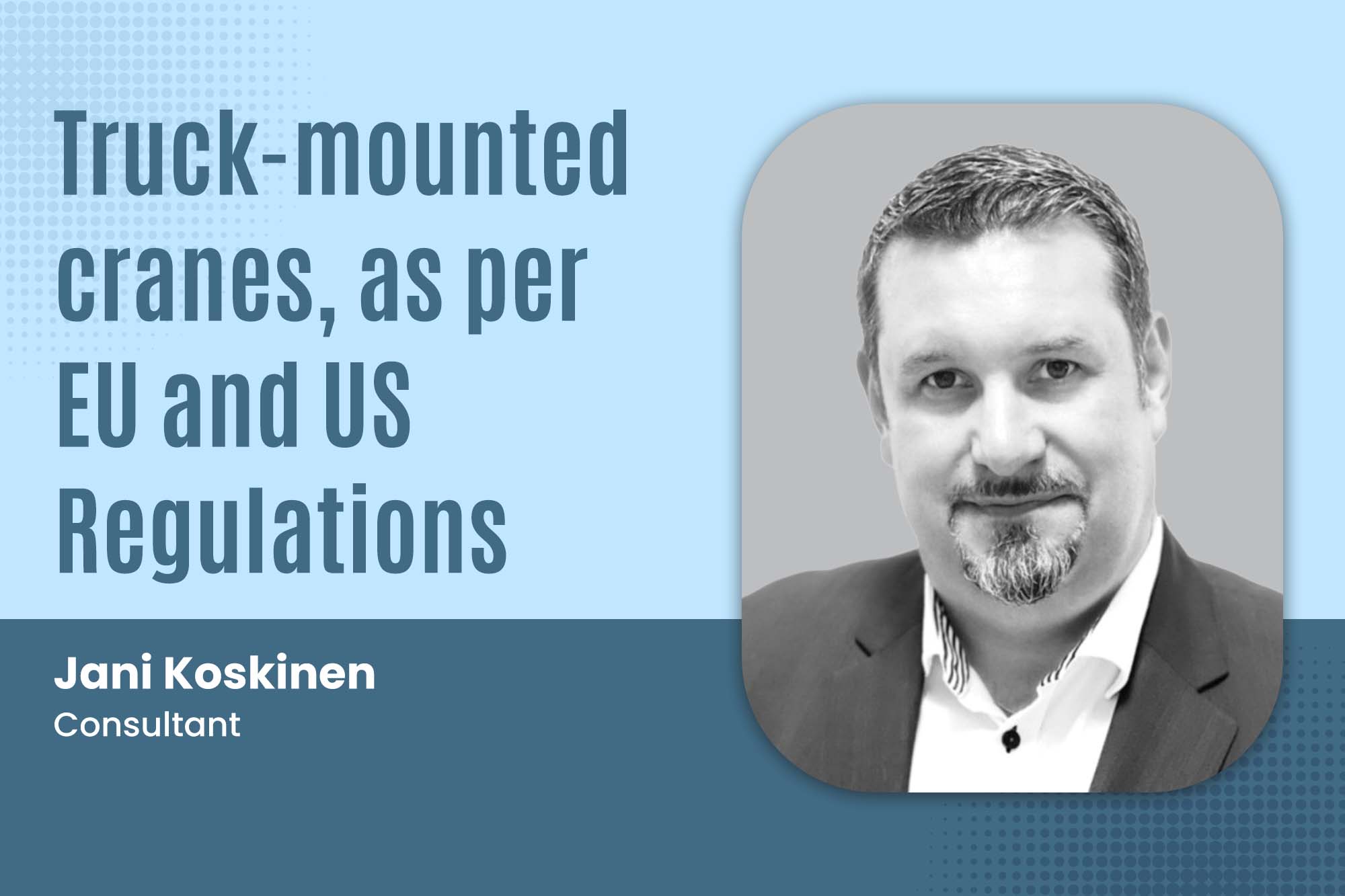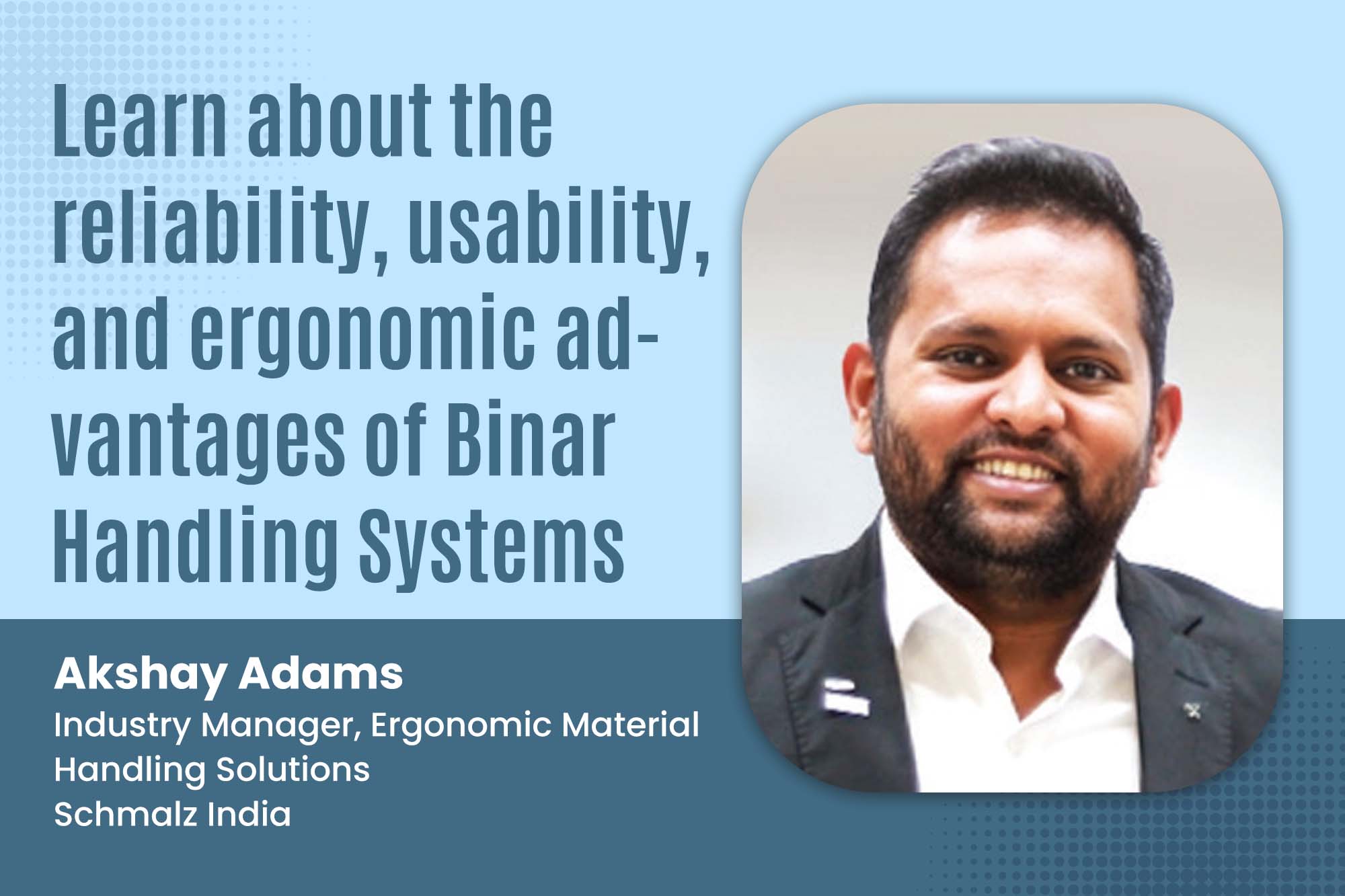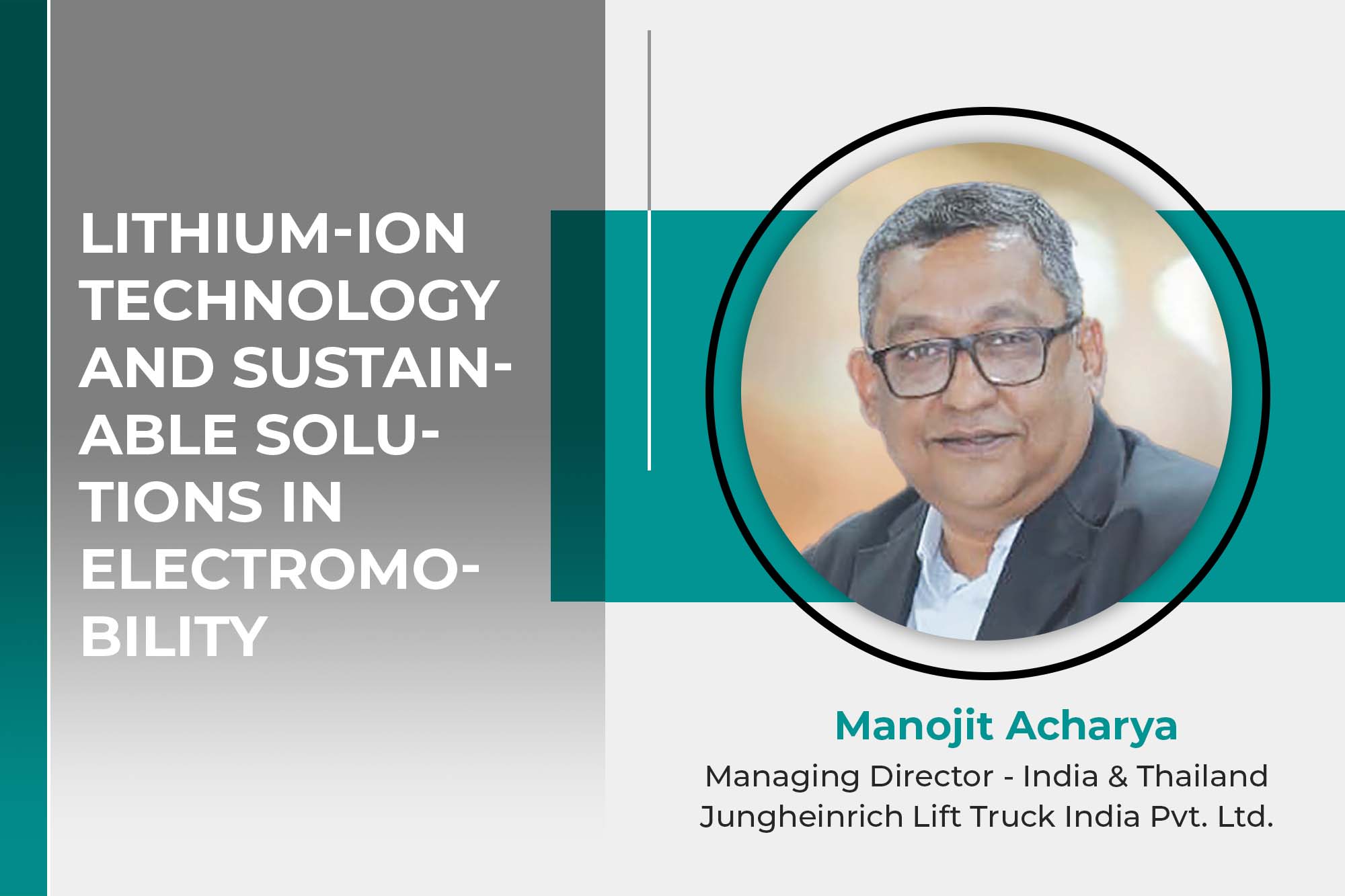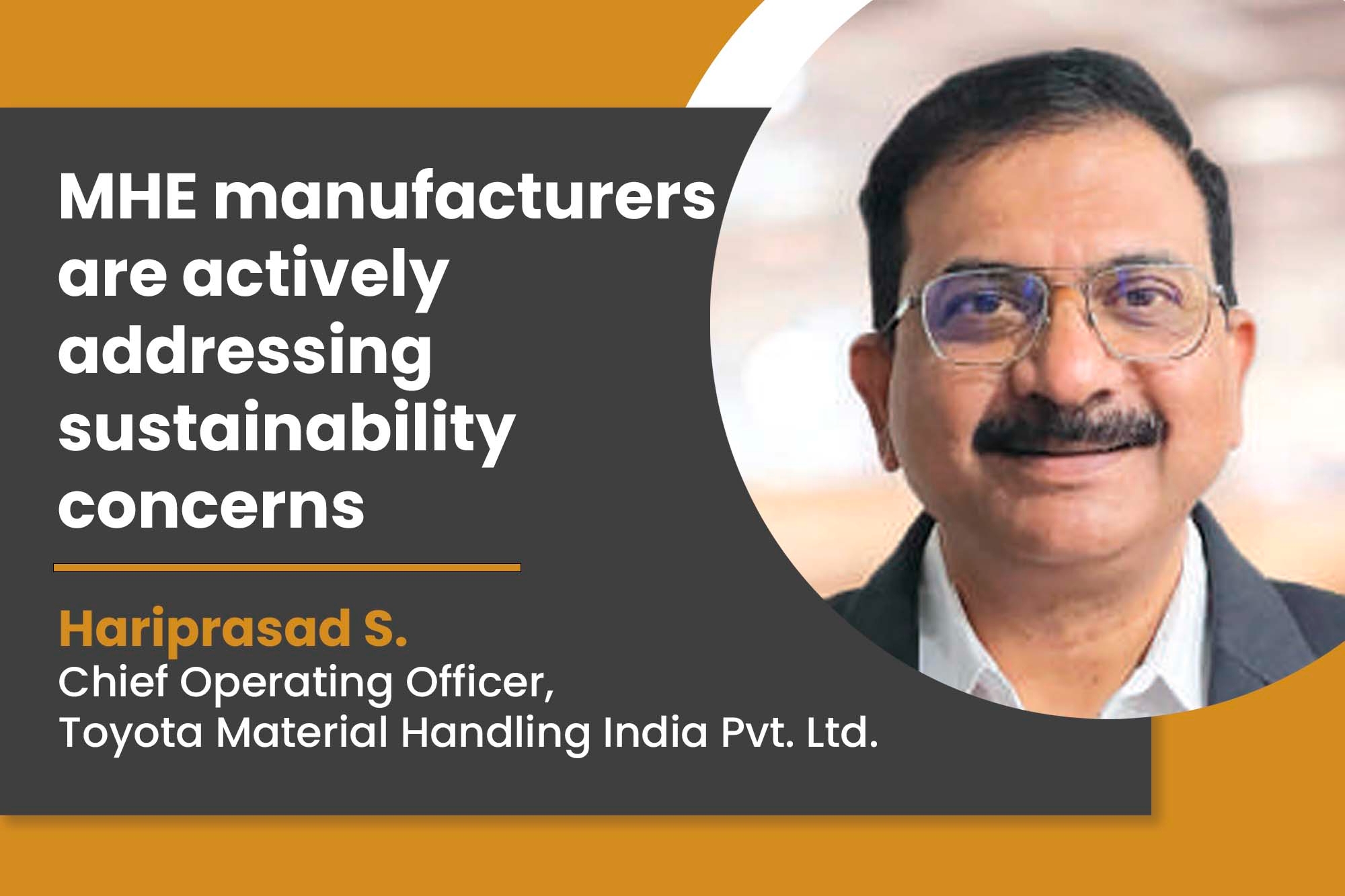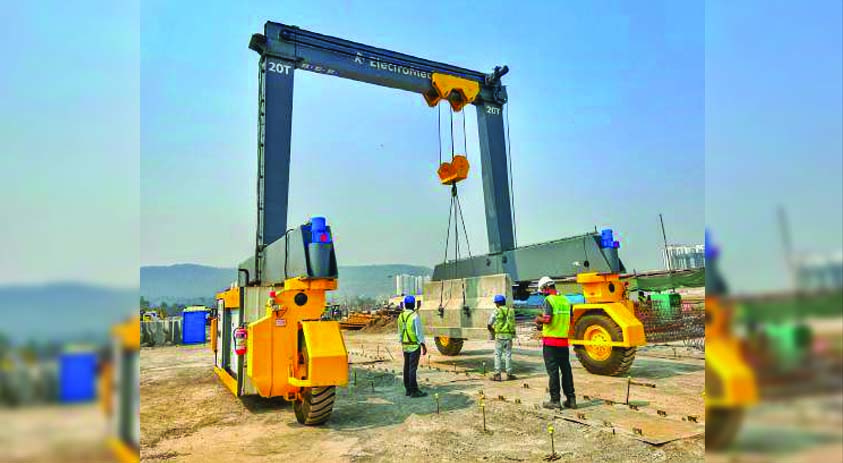AI and ML to transform MHE solutions
By OEM Update Editorial June 5, 2024 6:11 pm IST
As the Indian material handling equipment (MHE) market experiences robust growth, KION India’s president, Sunil K Gupta, discusses innovative technologies driving industry transformation, sustainable solutions, and future trends to meet evolving logistics demands.
What trends are expected to drive further growth of the Indian MHE market in 2024 and beyond?
In recent years, the Indian material handling equipment (MHE) market has thrived, consistently surpassing a 15 percent Compound Annual Growth Rate (CAGR). In 2023, the industry achieved remarkable success, reaching an unprecedented market size, potentially nearing the 30,000-unit milestone.
The warehousing sector is a significant contributor to this growth, and it has been expanding at a rate exceeding 20 percent CAGR over the past seven years. The warehousing segment’s contribution to the overall MHE market has surged from around 35 percent to approximately 50 percent, with class 31 MHEs now constituting around half of the warehousing sector market.
This growth trajectory will continue as the industry demonstrates promising growth potential. Forecasts indicate that the growth trend observed in 2023 will likely be sustained in 2024. The Indian logistics and warehousing landscape is experiencing a steady uptick in activity, fuelled by increased demand and supply dynamics, mainly due to rising consumer purchasing behaviours. The industry has evolved from traditional warehouse-centric operations to encompass specialised functions, including comprehensive goods management, value-added services for last-mile delivery, and advanced predictive planning and analytics.
As the demand for sustainable energy solutions and efficient supply chain management escalates, there is a rising demand for entry-level MHEs powered by batteries and electric pallet trucks, stackers, and forklifts.
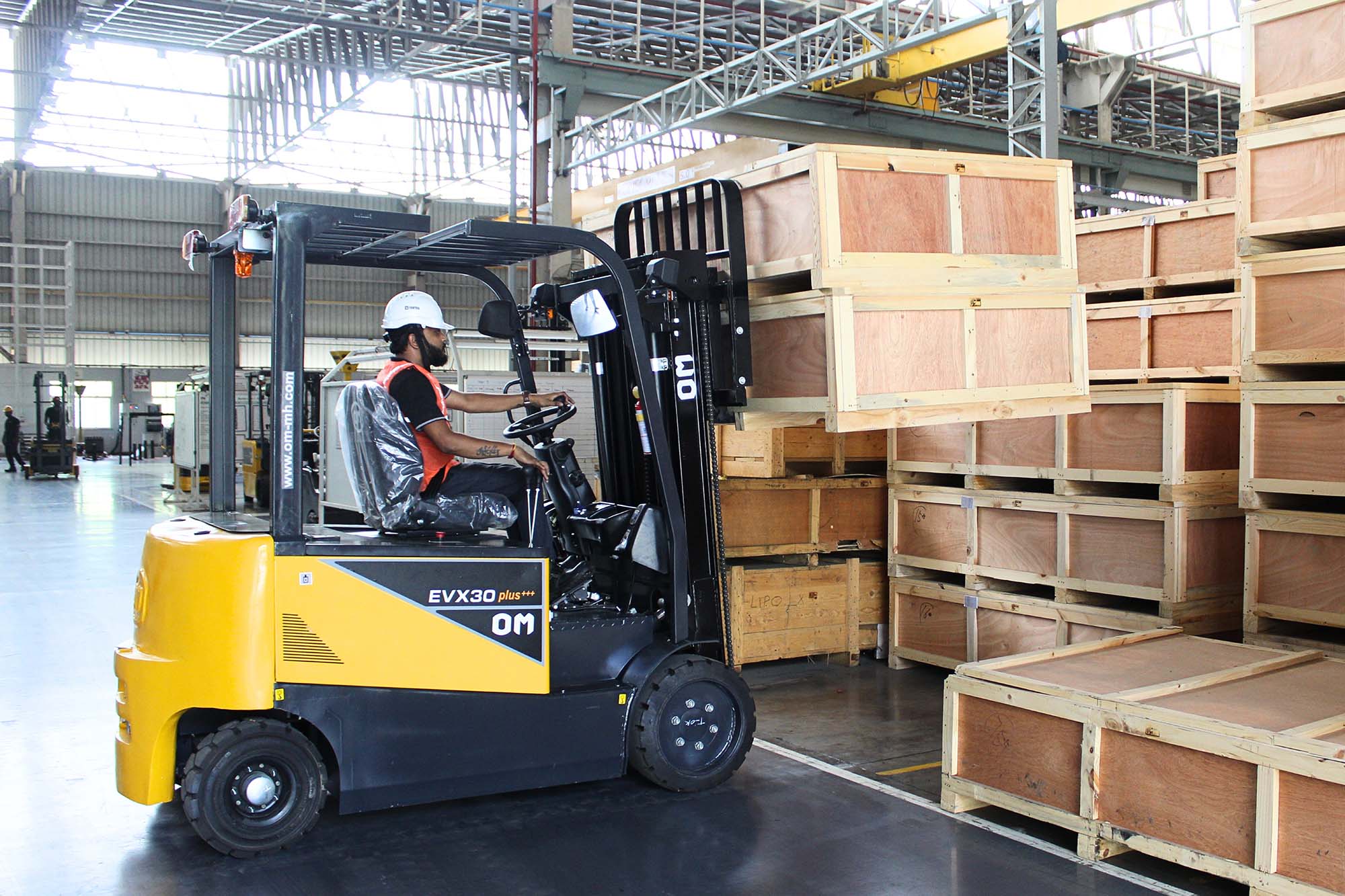
Please discuss innovative technologies that are taking shape to handle increasing logistics requirements in the country.
In the ever-evolving landscape of the Indian logistics industry, KION India stands out as a leader, leveraging innovative technologies to maintain its competitive position. With a portfolio of over 300 MHE solutions tailored to diverse applications, from small storage facilities to large automated warehouses, KION India caters to a versatile range of customer needs. Our product lineup includes various palletised material handling equipment such as hand pallet trucks, battery-operated pallet trucks, electric stackers, diesel and electric forklifts up to 18 tons, reach trucks, tow trucks, order pickers, very narrow aisle trucks, AGVs, AMRs, and Lithium-ion solutions.
As we continue to innovate, another crucial aspect we are embracing is the adoption of Electric Vehicles (EVs) for last-mile delivery. This strategic move aligns with our sustainability goals and also leads to significant reductions in operating costs. By embracing EVs, we create a win-win scenario for our customers and the environment, further solidifying our commitment to sustainability and innovation.
Our commitment to innovation extends to automation solutions, particularly exemplified by our offerings from Linde Material Handling. AGVs, for instance, play a pivotal role in optimising repetitive tasks by operating efficiently and accurately without human fatigue or error. By integrating AGVs into our operations, we streamline processes and reduce labour costs while ensuring consistent performance and adherence to predefined parameters, ultimately enhancing warehouse productivity and throughput.
Moreover, we recognise the transformative potential of the Internet of Things (IoT), Artificial Intelligence (AI), and Machine Learning in driving operational excellence. These technologies empower us to make data-driven decisions swiftly, whether it involves demand forecasting, route optimisation, or inventory management. Leveraging Advanced Analytics enhances our capabilities further, enabling us to uncover hidden trends and optimise operations for improved efficiency and cost-effectiveness.
Could you elaborate on how your range of solutions is driving transformation in the industry?
Today, Material Handling Equipment (MHE) drives industry transformation. It also revolutionises material handling through advanced technologies that improve efficiency, productivity, and safety.
As a subsidiary of KION Group AG, KION India leads the Indian MHE market by offering tailored and automated MHE solutions through its portfolio of brands, including OM, Linde, Baoli, and Dematic. Our approach prioritises customer-centricity, delivering customisable, efficient, and cost-effective MHE solutions to streamline operations, reduce manual labour, minimise errors, and boost productivity.
Under the OM brand, we continue to evolve our technology solutions with a customer-centric focus, catering to Indian application conditions while meeting Indian customers’ technology expectations. Our collaboration with the Global Engineering Centre and establishment of an engineering and software division in India underscore our technological excellence and proactive approach to meeting evolving customer needs globally.
The Indian MHE market is progressively transitioning towards automation and Industry 4.0, with AGVs, AMRs, and mobile automation becoming integral components. Embracing this trend, our Linde brand offers comprehensive warehouse management solutions, integrating automated MHEs and real-time IoT solutions that leverage telematics, wireless communications, and artificial intelligence. These intelligent MHE solutions promise to revolutionise the industry, enhancing productivity, performance, and energy management.Whether it is manual, semi-automated, or fully automated systems, including block or high-rack warehouses, Linde MHE software solutions offer complete logistics solutions interfaced with customers’ own logistics management software. This integration ensures real-time supervision, process efficiency, and tangible cost savings, enabling businesses to track inventory, fulfil orders efficiently, and accurately forecast demand. Ultimately, it streamlines supply chains, reduces stockouts, shortens lead times, and improves customer satisfaction.
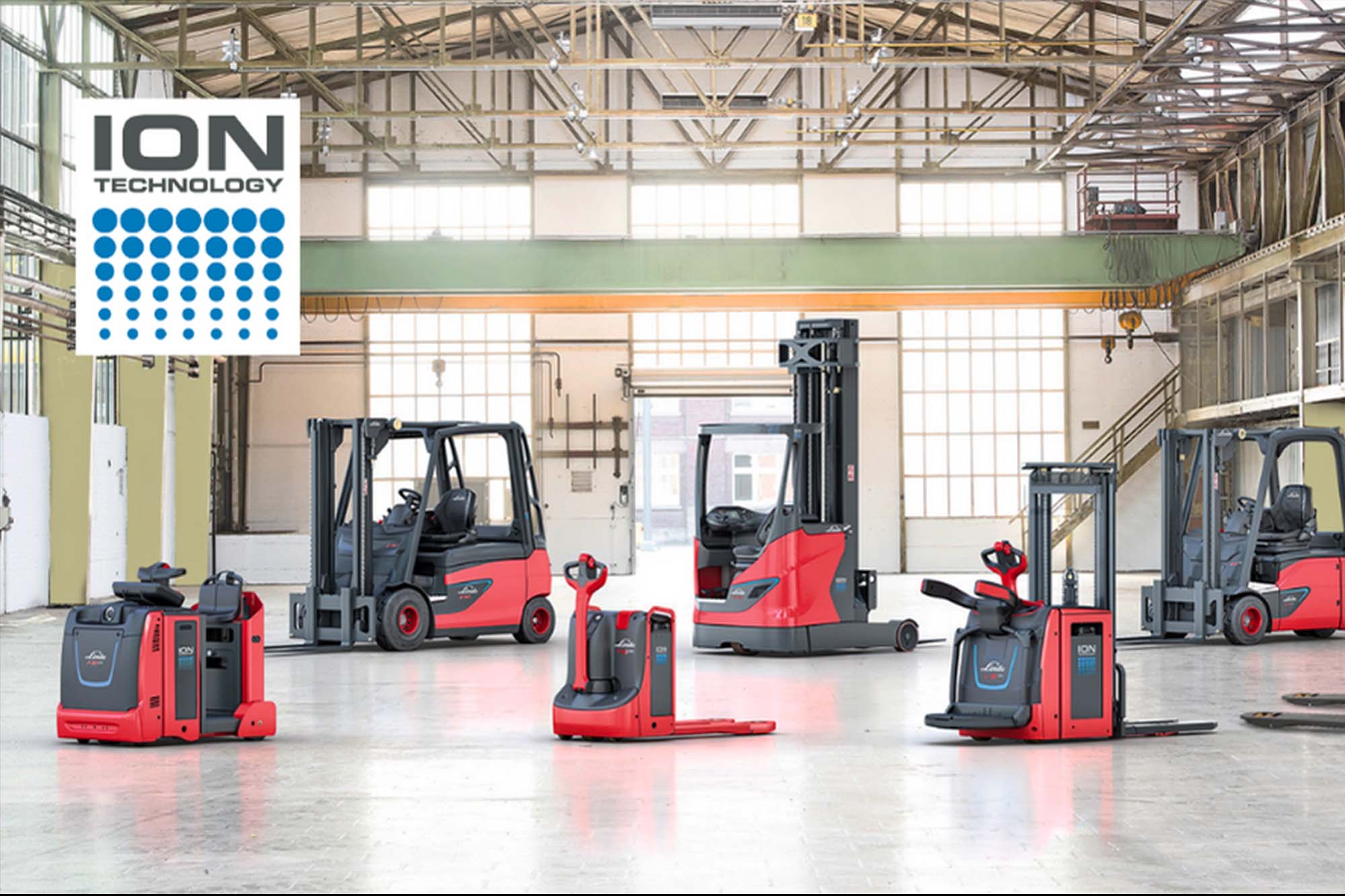
How is KION India addressing concerns and innovating sustainable solutions for the warehousing and distribution sector?
First, I am delighted to announce a significant achievement for the KION Group: we have earned a “Gold” accreditation EcoVadis sustainability rating for 2023. This recognition underscores our commitment to sustainability, a crucial focus across various industry sectors, including the MHE industry, as we collectively strive for a sustainable future.
Our MHE contributes to sustainability in manufacturing and intralogistics in several ways. This has prompted MHE manufacturers to prioritise energy-efficient, environmentally friendly, electric-powered equipment, reducing reliance on fossil fuels and minimising emissions. This shift has spurred innovations in sustainable energy solutions, such as lithium-ion batteries and hydrogen fuel cells, which decrease pollution and reduce noise, creating eco-friendly work environments.
At KION India, we are dedicated to enhancing Health, Safety, and Environmental (HSE) standards within our workplace and in connection with our products and services. Our sustainability initiatives at our Factory 2.0 facility in Pune exemplify this commitment: the facility operates entirely on solar power, over 1000 trees have been planted, an environmental park with a vegetable garden promotes employee well-being, and a water treatment plant ensures groundwater recycling and utilisation.
Furthermore, we are implementing circular economy principles by introducing refurbishment and recycling programs for end-of-life MHE. By refurbishing components and recycling materials, we aim to minimise waste and extend the product lifecycle. We strive to address current challenges and contribute to a more sustainable and efficient future for the industry through energy-efficient designs, intelligent technologies, modular solutions, and safety enhancements.
Top of Form
What are your thoughts on the future of material handling systems in response to increasing demands of faster shipping and last-mile delivery driven by the rise of e-commerce?
I believe that the rising growth of e-commerce brings challenges and opportunities to the future of material handling systems. To address the need for faster shipping, customisable orders, and efficient last-mile delivery, our focus is on developing innovative solutions that cater to customers’ changing demands and the dynamic landscape of the e-commerce industry.
Automating repetitive tasks like picking, packing, and sorting can significantly boost throughput and proficiency in distribution centres, leading to faster order processing and shipping times. Additionally, automated solutions offer flexibility and scalability, allowing for seamless adaptation to fluctuations in demand and customisation requirements.
Investing in advanced warehouse management technologies, which utilise data analytics, artificial intelligence, and machine learning, enables real-time optimisation of warehouse operations, from inventory management to order routing. This results in enhanced accuracy, efficiency, and responsiveness to customer demands.
Regarding last-mile delivery, we all recognise the importance of enhancing delivery networks and streamlining logistics processes to ensure timely and cost-effective deliveries. With increasing fuel costs and growing environmental concerns, future smart warehouses will likely adopt non-polluting, energy-efficient material handling equipment. This intensifies the call for MHE to incorporate sustainable energy solutions.
Overall, future-ready material handling systems and solutions are agile, efficient, and sustainable and will meet the demands of the rapidly evolving e-commerce landscape.
Cookie Consent
We use cookies to personalize your experience. By continuing to visit this website you agree to our Terms & Conditions, Privacy Policy and Cookie Policy.



